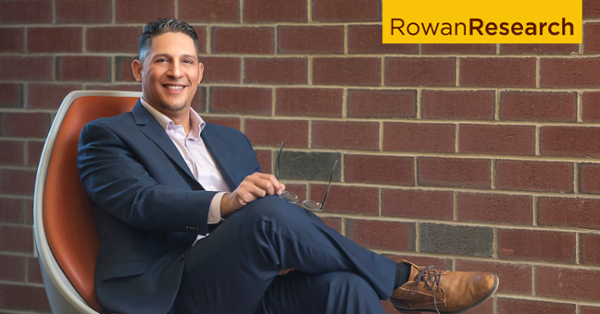Healing trauma through education
Healing trauma through education

As an elementary school teacher of six years at a residential treatment facility in Texas, Alvarez realized students must feel cared for and safe before they can learn.
Adam Alvarez, Ph.D.
Educator, youth trauma researcherAreas of expertise: Race, violence, trauma, urban education, learning and the social context of K-12 education
More information
Researchers often overlook the roots of youth trauma, potentially harming students they want to help, according to Adam Alvarez, Ph.D., assistant professor of urban education in the College of Education.
Taking a different perspective, he and a colleague are evaluating a predominantly Black community-based, trauma-informed program in North Carolina.
“A lot of this work tends to be white-dominant, male-centered, middle-upper-class focused,” said Alvarez, who studies how race and racism shape the social context of education. “In addition, the way many researchers study trauma and create interventions often creates more problems for marginalized people. These programs, labels and diagnoses tend to pathologize. We are trying to take a different approach.”
Scholars nationwide are taking note. Alvarez received the 2021 Review of Research Award from the American Educational Research Association for his article on youth trauma published in the Review of Educational Research.
“Too many teachers learn later that students bring complex experiences into the classroom,” he said. “We need to think deeply about how we are preparing teachers to serve students who may be grappling with an array of trauma.”
Through his work, Alvarez hopes researchers, teachers and policymakers can develop innovative strategies and support mechanisms so people exposed to trauma, violence and economic hardships are not labeled the problem.
“People must recognize the problems in our systems and then work with communities and youth to foster spaces of joy, resistance and healing,” he said.
Rowan University researchers are passionate about what they do. Find more at Meet Our Researchers.